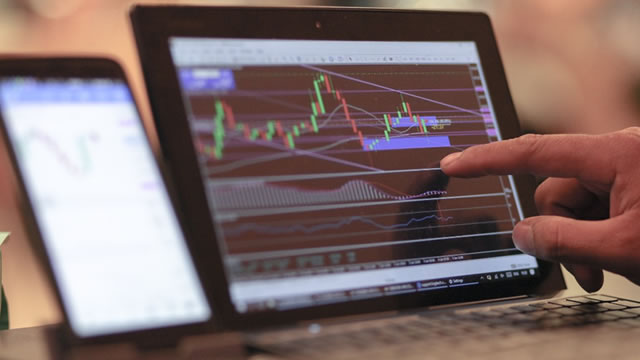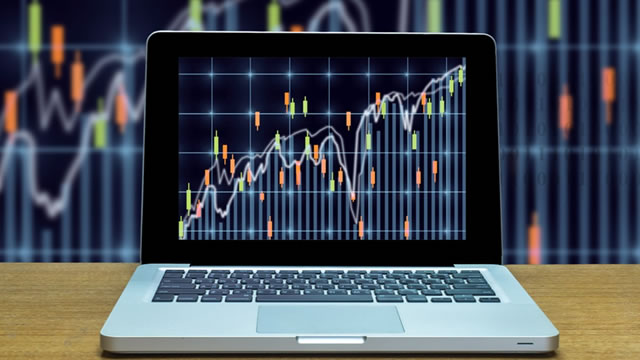The Surprising Rise of the Pound Sterling Against the Greenback: A Tale of Tariffs and Turnabouts
In a twist of economic fortune, the Pound Sterling (GBP) managed to gain ground against the Greenback (USD) during the North American session, despite US President Donald Trump’s announcement of automotive tariffs on all cars made outside the United States.
A Deteriorating Risk Appetite
Initially, the markets reacted negatively to the news, with investors shedding their riskier assets in favor of safe-havens. The dollar, being the traditional safe-haven currency, was expected to benefit from this risk aversion.
A Swift Turnaround
However, the markets proved to be more resilient than expected. The deterioration in risk appetite was short-lived, as investors soon realized that the tariffs might not have as significant an impact as initially feared.
Reasons for the GBP’s Surge
Several factors contributed to the GBP’s surprising rise. First, the markets had already priced in some level of tariffs following Trump’s earlier threats. Furthermore, the US economy is highly interconnected with the global economy, and the tariffs could lead to higher prices for American consumers and businesses, potentially dampening demand.
The Impact on Consumers: A Personal Perspective
As a consumer, the tariffs could lead to higher prices for cars and car parts. If you’re in the market for a new vehicle, you might want to consider buying sooner rather than later to avoid any potential price increases.
- New car buyers: Consider purchasing a new vehicle before the tariffs take effect to lock in current prices.
- Car parts buyers: Stock up on any essential car parts you might need in the near future.
- Investors: Keep an eye on the automotive sector, as companies may pass on the increased costs to consumers or absorb them themselves, leading to potential profit opportunities.
The Impact on the World: A Global Perspective
From a global perspective, the tariffs could lead to a trade war between the US and its major trading partners, including the European Union. This could negatively impact global economic growth, as well as financial markets.
- Global economic growth: A potential trade war could lead to slower economic growth, as businesses face higher costs and uncertainty.
- Financial markets: The markets could experience increased volatility as investors react to the tariffs and potential trade war.
- Emerging markets: Countries that export significant amounts of cars and car parts to the US could be particularly vulnerable, as they may face reduced demand and lower export revenues.
Conclusion: A Rollercoaster Ride
The unexpected rise of the Pound Sterling against the Greenback during the North American session, in the face of US automotive tariffs, serves as a reminder of the complex and ever-changing nature of global markets. While the initial reaction was one of risk aversion and a strengthening dollar, the markets soon proved to be more resilient than expected. As consumers and investors, it’s essential to stay informed and adapt to these changes, whether they’re driven by tariffs, trade wars, or other factors.
So, buckle up and enjoy the ride!





